What Is Your Definition of Success? 10 Dance Artists & Leaders Weigh in
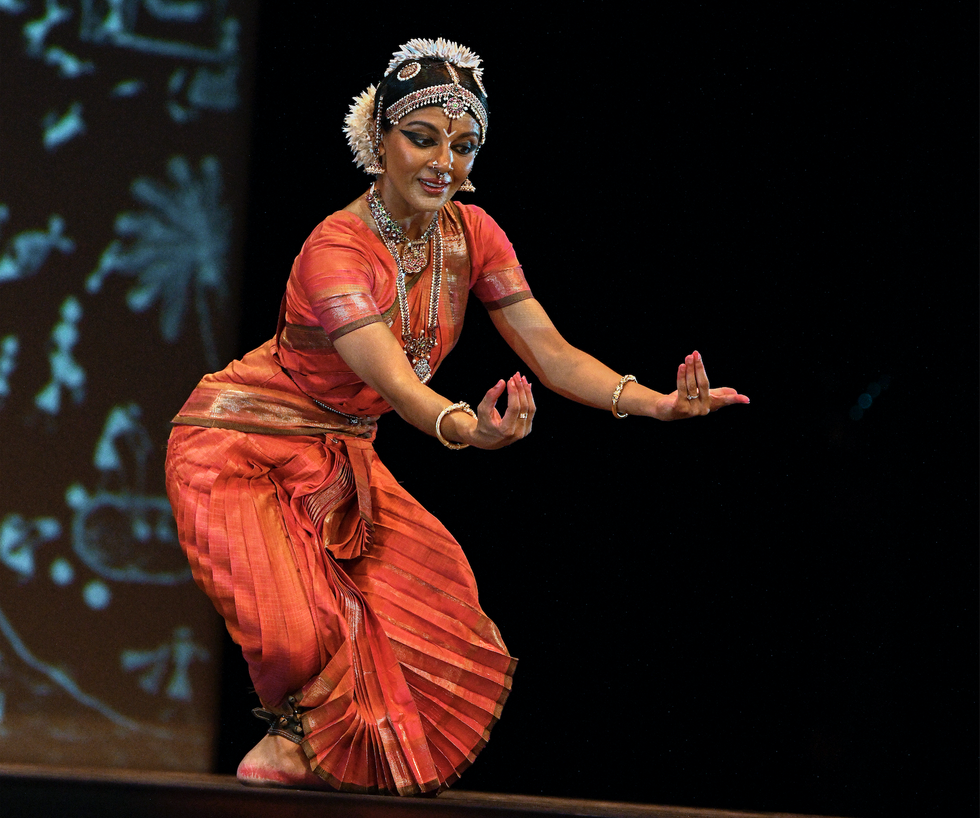
Success is sharing.
“As a dancer and choreographer of a form that is not widely known, sharing it with communities all over the country feels like a major success. The fact that audiences are eager and receptive to hear and see what I feel are universal human messages, but through my point of view, is incredibly rewarding.
“I also feel success in the relationships I’ve maintained. I create with my mother and sister—the three of us perform together and have grown our partnership over the years. My mentor in India, Alarmél Valli, has been my teacher for over three decades. Every day that I am accepted as her student I feel humbled.” —Aparna Ramaswamy, co-artistic director of Ragamala Dance Company
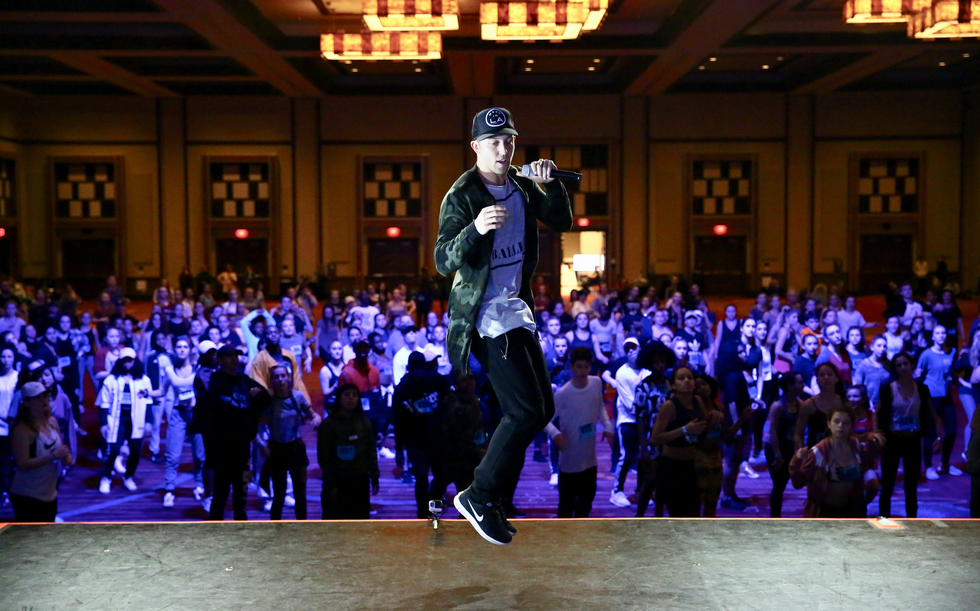
Success is staying passionate.
“My first goal was to pay my bills using only dance. No side jobs. Once I got to that point, I felt like I’d ‘made it.’
“When I was starting out, it was a big deal to me when record labels would repost a video of mine. It’s easy to get caught up in the numbers. But I’ve realized the most important thing is maintaining your passion for what you’re doing. If it starts to be about the views, you will fall out of love with dance. Keep the passion first and then figure out your marketing.” —Matt Steffanina, Los Angeles–based dancer and choreographer

Success is serving others.
“It was more about self-fulfillment as a youngster, and I think as I’ve matured, I look to see who I can help, whether I’m inspiring someone who sees me onstage or teaching an up-and-coming dancer or sharing my knowledge with my ‘Seasoned Saints’—a group of women probably about 60 and over whom I teach yoga to. Of course, I want to continue to be fulfilled artistically. Every artist feeds off of having opportunities to thrive. But now I realize that what I do—how I maintain my body, my craft, my integrity, my diligence—is in fact serving the younger dancer or serving an elder who is looking to find strength and move.” —Bahiyah Hibah, Broadway performer

Success is finding balance.
“It was my dream job once I finally got hired at Cunningham. The financial burden was eased greatly by having that security, and it also helped me improve as a dancer because I had more resources. I was able to consistently go to an Alexander teacher and swim at the Y. I could afford to go to more yoga classes.
“Now, as a freelancer, being successful is having a family, having a healthy relationship and being able to also have a career. I’m at a place where I still love performing, but I also split my time with rehearsal directing and coaching. I feel successful when I can find balance in all of those things, and also financially sustain a life in New York with a child.” —Melissa Toogood, freelance modern dancer and coach
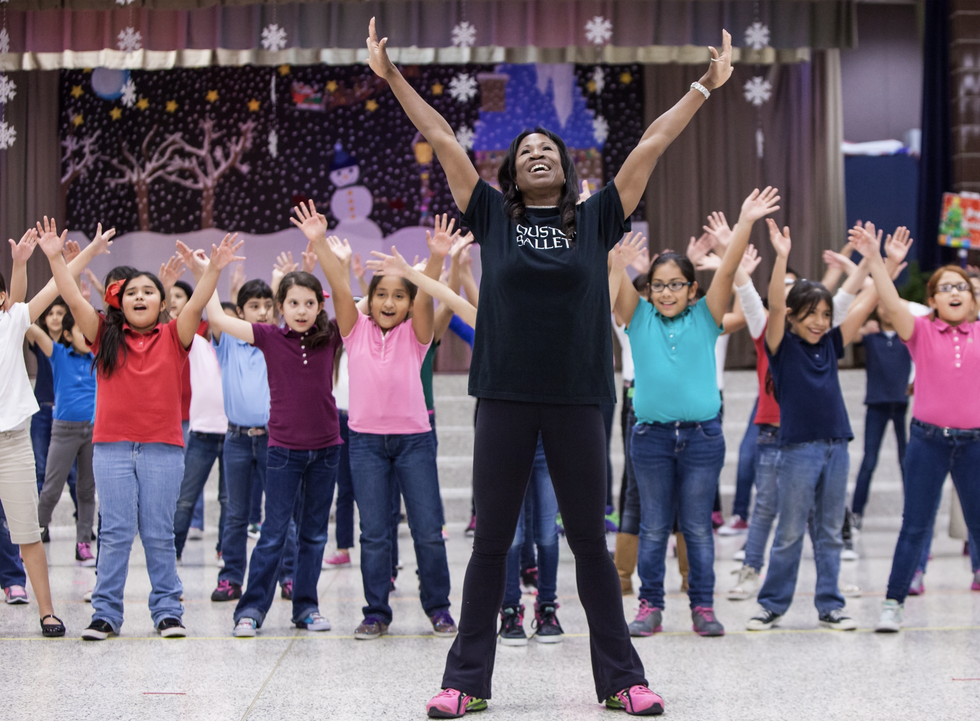
Success is feeling proud—and passing it along.
“To me, success has nothing to do with how the public feels. It has nothing to do with applause. It has nothing to do with how much I got paid. It has to do with being proud of the work. As a dancer, every time I got to do a new role and I made it through, it was a little success.
“Now my success has nothing to do with how I feel. I work at Houston Ballet in education and community engagement, so my success is in how students understand what I’m teaching them, and seeing them grow.” —Lauren Anderson, former principal dancer with Houston Ballet
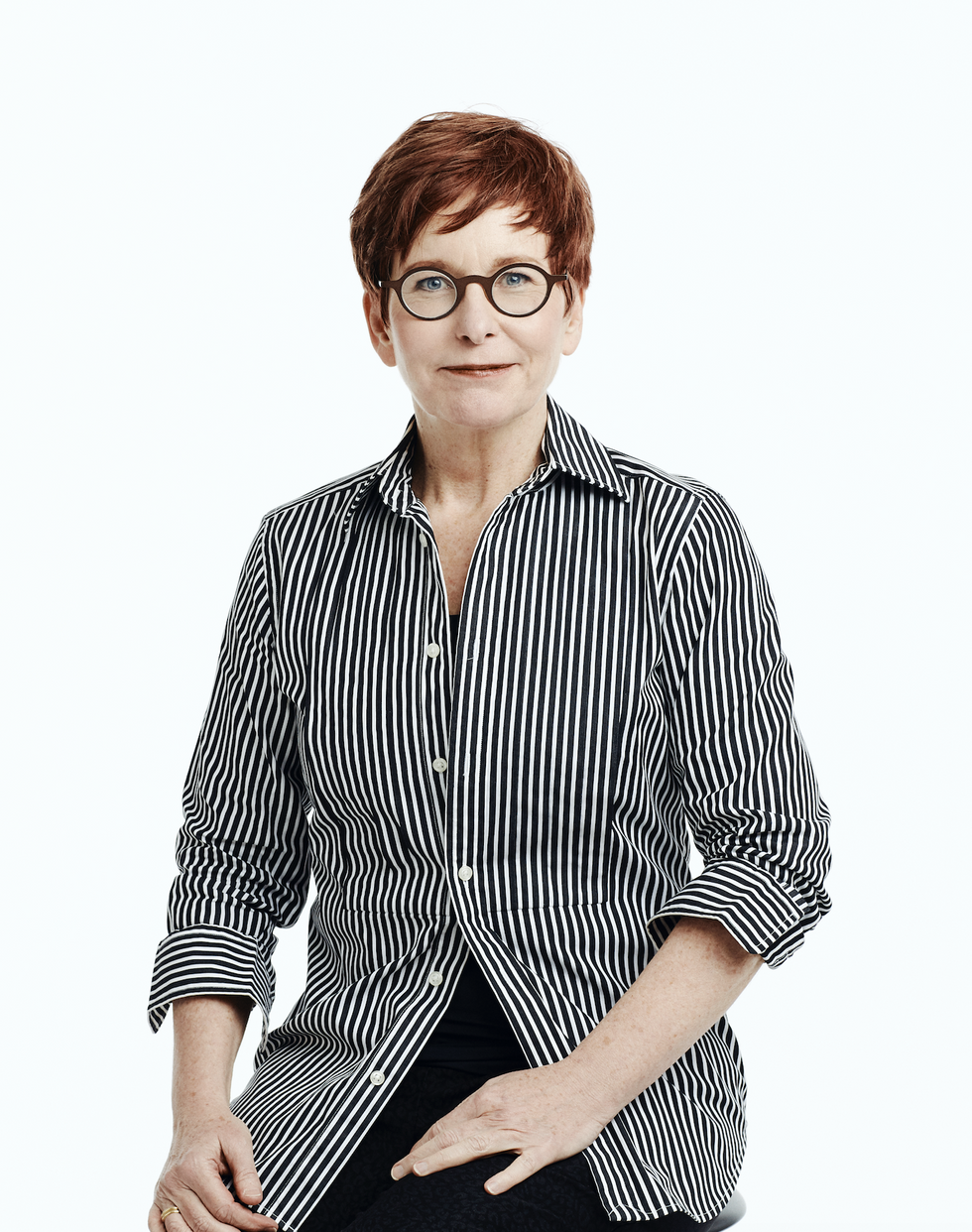
Success is dedication and openness.
“If there was a moment of success, it’s probably in the future because I see my career as one of evolution. Certainly, along the way there were milestones—a piece of choreography that really resonated or a space that opened that was particularly functional or unique in its aesthetics. But I think our field is about moving forward one step at a time in increments—constant improvement, iterative growth.
“I think that success is having a deeply rooted, relentless dedication to what you believe in—dedication that can weather difficulties, indecision, rejection. That, coupled with a kind of agility and openness to change at any moment, to redefine and even reinvent yourself. I think those things combined, whatever the outcome, to me defines success.” —Gina Gibney, founder, CEO and artistic director of Gibney
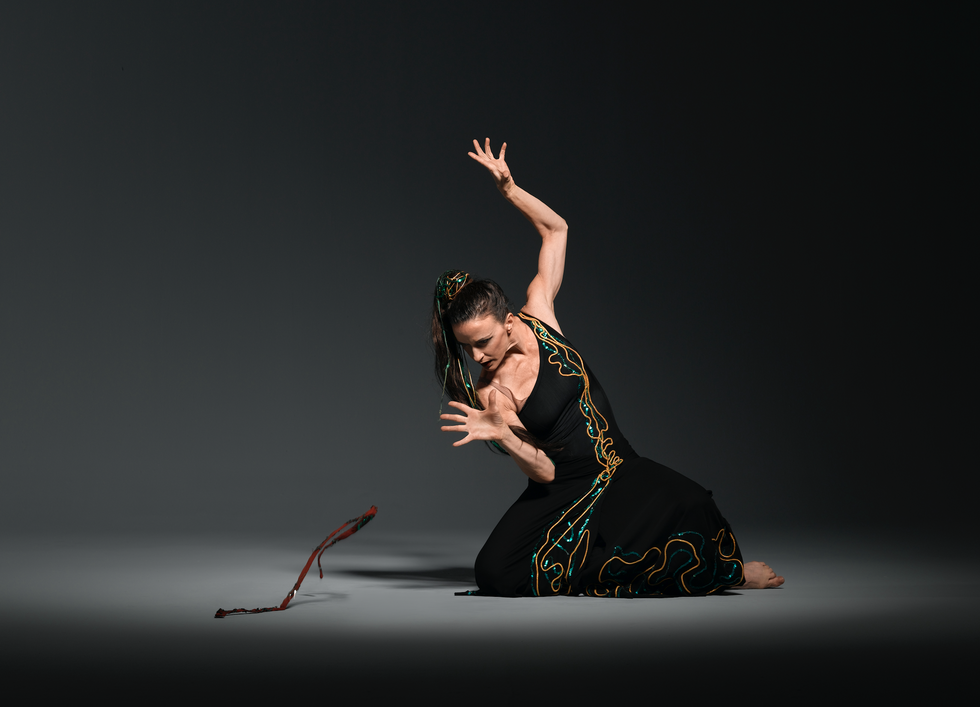
Success is continuing to learn.
“Whether it’s delving into the archetypes of a Graham role, a day of teaching or the months required for staging a work, I think that delving voraciously into colorful expression in a truthful way that touches people is what fills me. These experiences can’t really be measured by words of success, at least not in my book, but they become a reservoir of knowledge. To say ‘I made it!’ is too definitive. If you’ve ‘made it,’ your journey is over. It should constantly be evolving. I take great pride in knowing that I am continuing to learn.” —Terese Capucilli, artistic director laureate with Martha Graham Dance Company and faculty member in Juilliard’s dance department

Success is making the most of opportunities.
“When I got promoted to principal, after 10 years of being a soloist, I really felt that I had accomplished something. And then, all of a sudden, I was thrown into premieres of some of the hardest full-length ballets, with no stage rehearsals, sometimes no company rehearsals, and I realized that actually it doesn’t matter what rank you are. It matters what you do with what you’ve been given. For me, it was going onstage and being able to have enough confidence that I could forget about myself when I was performing, that I could actually get into the character and make the role my own no matter what.” —Sarah Lane, American Ballet Theatre principal
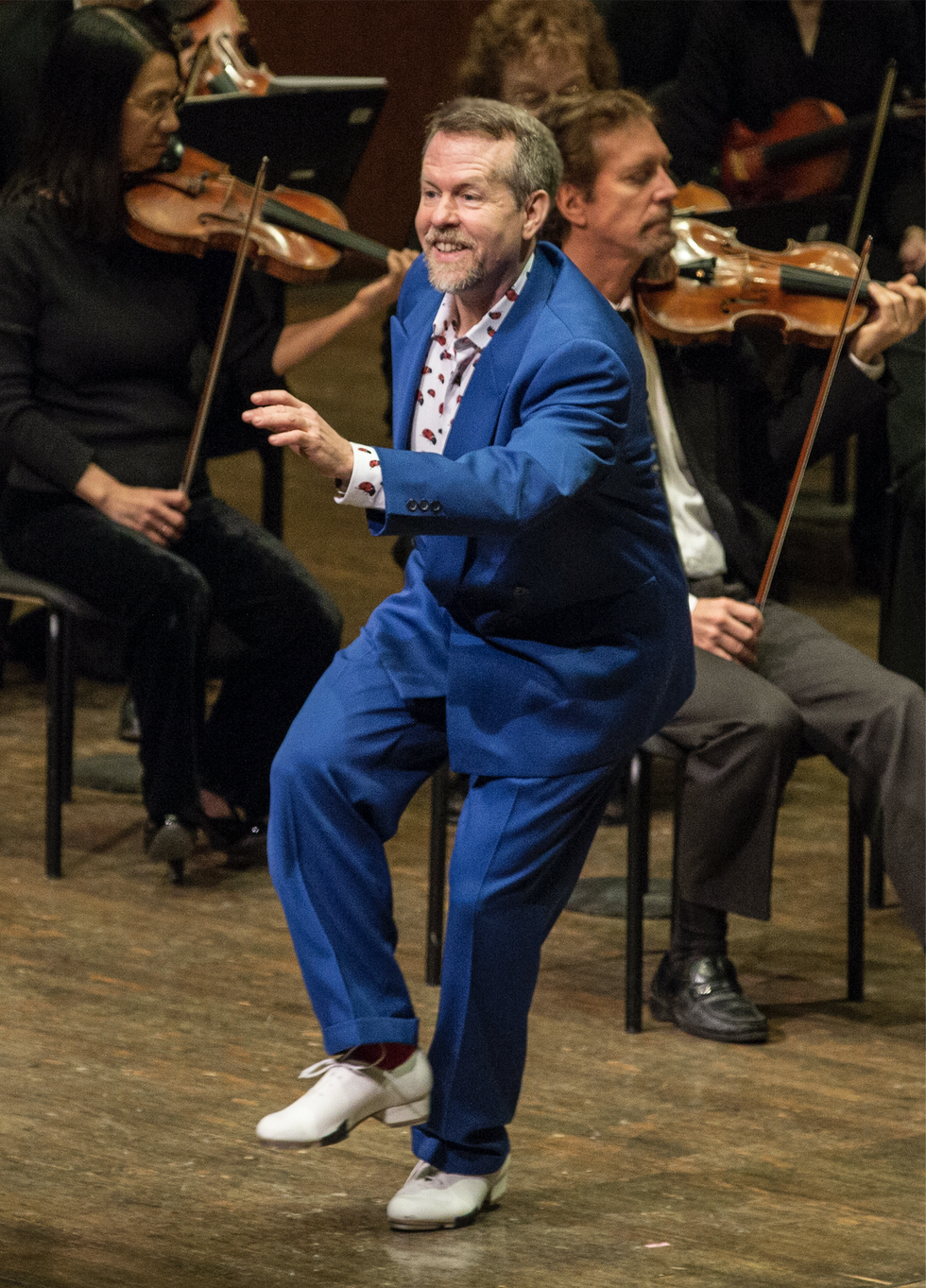
Success is investing in others.
“I’ve found that as soon as you get to one peak, you look around and there are other peaks to climb. It’s not dissatisfaction, but the creative impulse to continue.
“One of the measures of success I think about as an advocate and producer is that Chicago Human Rhythm Project has managed to invest millions in artist fees and marketing for American tap dancers who weren’t being paid by mainstream dance presenters until recently. We’ve helped to build capacity for our field. That will last beyond me.” —Lane Alexander, co-founder and director of Chicago Human Rhythm Project
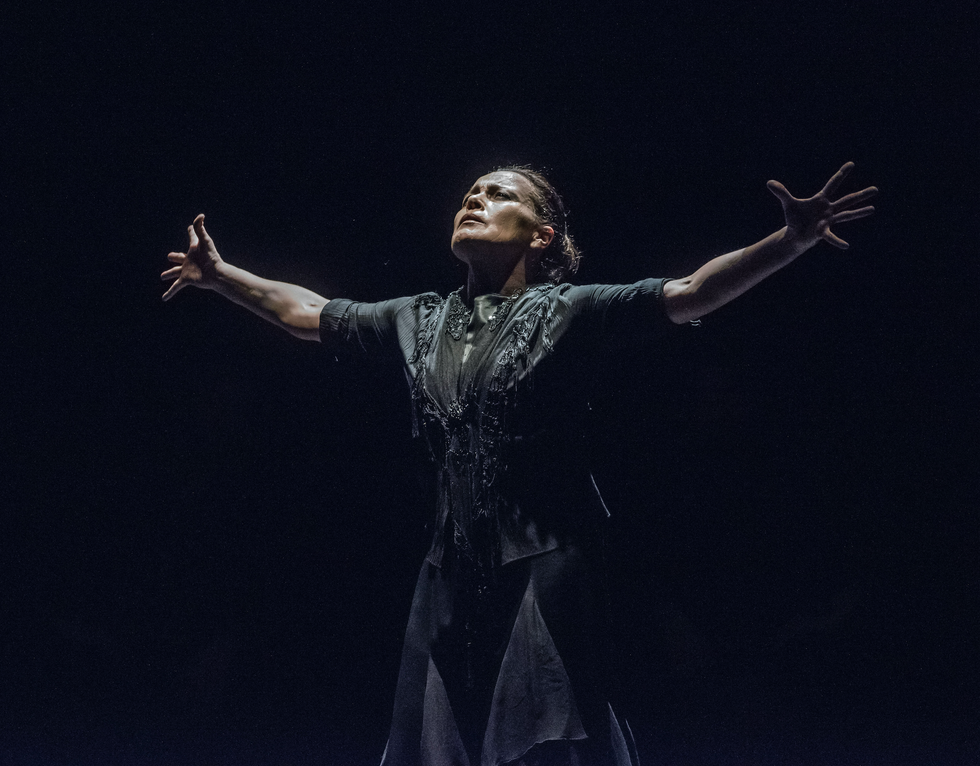
Success is less important than desire.
“Sometimes I don’t even know what I’m looking for. It’s like success has kind of been thrown out the window and it’s more the feeling of, as if, I was thirsty and I needed to drink. During my career, or during my life, I’ve found different roads to try to calm that thirst, satisfy that thirst. But the thirst always exists. An artist is always searching. You can’t look for success as an artist. For me, the only thing is a capacity to quench my thirst.” —Soledad Barrio, star of Noche Flamenca
(Translated from Spanish by her husband and artistic director, Martín Santangelo)



